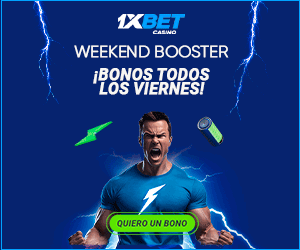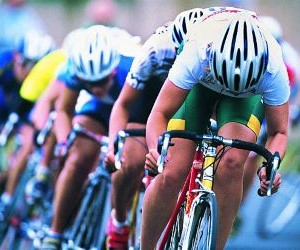Discover key indicators to spot potential breakaway winners during Giro d’Italia medium-mountain stages, enhancing race predictions.
WHAT DOES HEAD-TO-HEAD MEAN IN CYCLING BETTING
“Head-to-head” in cycling betting refers to a format where you bet on which of two riders will finish in a better position in a specific stage or event. Unlike outright winner bets, the goal here is to predict which of the two selected cyclists will outperform the other. This type of bet is popular due to its relative simplicity and the focus on individual matchups rather than the overall race outcome. It's ideal for those who analyze past performances, stage characteristics, and team strategies. Head-to-head betting allows bettors to make decisions based on concrete data, not just broad favoritism.

How head-to-head matchups work
Head-to-head bets in cycling allow you to choose between two riders and predict which one will finish higher in the standings for a given stage or entire race. This format is often used in mountain stages and time trials, where individual performance differences are more pronounced.
For example, if a Tour de France stage features a head-to-head matchup between Tadej Pogačar and Jonas Vingegaard, the bettor must analyze which of the two will perform better under those specific conditions. It doesn’t matter if neither wins the stage—only who finishes ahead of the other.
Advantages over other bet types
Reduces complexity by focusing on just two riders.
Provides value through individual statistical analysis.
More predictable if head-to-head history is studied.
Ideal for specialists in specific stage types.
Can offer better odds than picking the overall winner.
In summary, head-to-head betting rewards analytical bettors who understand performance metrics, rider profiles, terrain effects, weather variables, and team tactics.
Key factors to analyze bets
To succeed in head-to-head cycling bets, you need to go beyond gut feelings or big-name favoritism. A disciplined, data-driven approach supported by trusted sources is essential.
Essential elements to consider
Stage type: Flat, mountain, or time trial stages suit different rider profiles.
Recent performance: Check past results in similar races or prior stages.
Injuries or physical form: Critical information that can tip the scale.
Team strategy: If a team supports a leader, this may help or hinder your pick.
Head-to-head history: Look at who has outperformed whom in comparable situations.
Take a mountain-top finish as an example—if Egan Bernal has shown more strength on climbs than his opponent, that insight should shape your bet. Odds often overlook such technical nuances, presenting value opportunities for informed bettors.
Tools like Strava, ProCyclingStats, and live expert commentary offer a distinct informational edge. It’s also wise to follow official social channels and pre-stage interviews for insider clues.
Common mistakes and winning strategies
Although head-to-head betting in cycling may seem easier than other formats, it has its pitfalls that affect both newbies and experienced punters. Winning comes down to spotting these traps and using strategic, knowledge-based approaches.
Most frequent mistakes
Picking based on popularity instead of sports context.
Ignoring weather conditions that affect race dynamics.
Overlooking injuries or recent rider interviews.
Overvaluing past stages without analyzing current profiles.
Forgetting tactical team roles that influence performance.
Strategies to gain an edge
Specialize in certain stage types or riders to deepen context.
Use historical comparisons under similar conditions.
Leverage value betting when odds don’t reflect true chances.
Follow expert sources and official news daily.
Spread your bets to manage risk and optimize returns.
Lastly, keeping a betting log, identifying patterns in your wins and losses, and staying calm through losing streaks can turn you from a casual bettor into a strategic one. In cycling, information equals power.
YOU MAY ALSO BE INTERESTED







